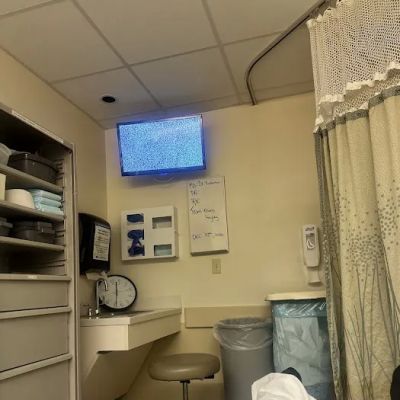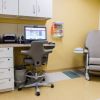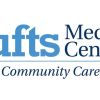- 1 - Understanding-the-purpose-of-a-stress-test
- 2 - Pre-appointment-preparations
- 3 - Day-of-test-steps
- 4 - Common-concerns-and-how-to-handle-them
- 5 - Real-life-experience-and-advice
1. Understanding the Purpose of a Stress Test
A stress test, often referred to as a cardiac stress test, is designed to evaluate how well your heart functions during physical exertion. It helps doctors identify issues such as coronary artery disease, irregular heart rhythms, or other cardiovascular problems that might not be apparent when at rest.
Knowing the purpose behind the stress test helps reduce anxiety and prepares you mentally for what to expect. The test typically involves walking on a treadmill or pedaling a stationary bike while your heart rate, blood pressure, and electrocardiogram (ECG) are monitored closely.
Understanding this foundation is key to appreciating why proper preparation matters for accurate and safe results.

1.1 Why preparation impacts test accuracy
Your physical state during the test influences the outcomes. For example, certain medications or food intake can alter your heart rate or blood pressure, potentially skewing results. That’s why healthcare providers give specific instructions on how to prepare for a stress test — following them closely ensures reliable diagnosis.
2. Pre-Appointment Preparations for a Stress Test
Preparing for a stress test starts days before your appointment. First, discuss with your healthcare provider about any medications you take; some might need to be paused or adjusted before the test. This includes beta-blockers, which can affect heart rate response.
It’s also recommended to avoid caffeine and heavy meals for at least 3-4 hours before the test. Caffeine can elevate your heart rate, while a full stomach might cause discomfort during physical exertion.
2.1 Dressing appropriately
Wear comfortable clothing and supportive shoes suitable for exercise. Avoid jewelry or accessories that may interfere with electrodes placed on your chest. This simple step helps ensure the procedure runs smoothly.
2.2 Staying hydrated and rested
Hydration is important, but avoid excessive fluid intake right before the test. A good night’s sleep also prepares your body for optimal performance during the exam.
3. What to Expect on the Day of the Stress Test
Upon arrival, a technician will attach electrodes to your chest to monitor your heart’s electrical activity. You’ll begin with a baseline ECG while resting. Then, you will progressively increase your exercise intensity on the treadmill or bike as the technician observes your heart’s response.
The test continues until you reach a target heart rate or experience symptoms like chest pain or excessive fatigue, at which point the test is safely stopped.
3.1 Post-test monitoring and advice
After the test, you’ll rest while your heart rate and blood pressure return to normal. Your doctor will discuss the results and any necessary follow-up. If you want to find the best preparation guides or heart health products, HeartCare Hub offers trusted resources and recommendations to support you.
4. Addressing Common Concerns About Stress Test Preparation
It’s normal to feel nervous before a stress test. Some worry about exercise intensity or discomfort during the test. Remember, medical staff closely monitor you throughout and prioritize safety.
If you have mobility limitations or other health conditions, inform your healthcare provider beforehand; they may modify the protocol or suggest alternative testing methods.
4.1 Managing anxiety and staying calm
Practicing deep breathing or visualization techniques before the test can help reduce stress. Also, bring a friend or family member for support, if allowed by the facility.
5. Real-Life Experience: Preparing for My Stress Test
John, a 52-year-old with a family history of heart disease, shared his experience preparing for a stress test. Initially anxious, John followed his doctor’s advice meticulously—he paused caffeine, wore comfortable clothes, and avoided his morning medications as instructed.
During the test, John appreciated the clear explanations from the staff, which helped ease his fears. The results helped his cardiologist tailor a treatment plan that significantly improved his heart health.
Stories like John’s highlight the importance of preparation and open communication with healthcare providers.





















CT Heart Scan
heart testing near me
8707 Complex Dr, San Diego, CA 92123, USA